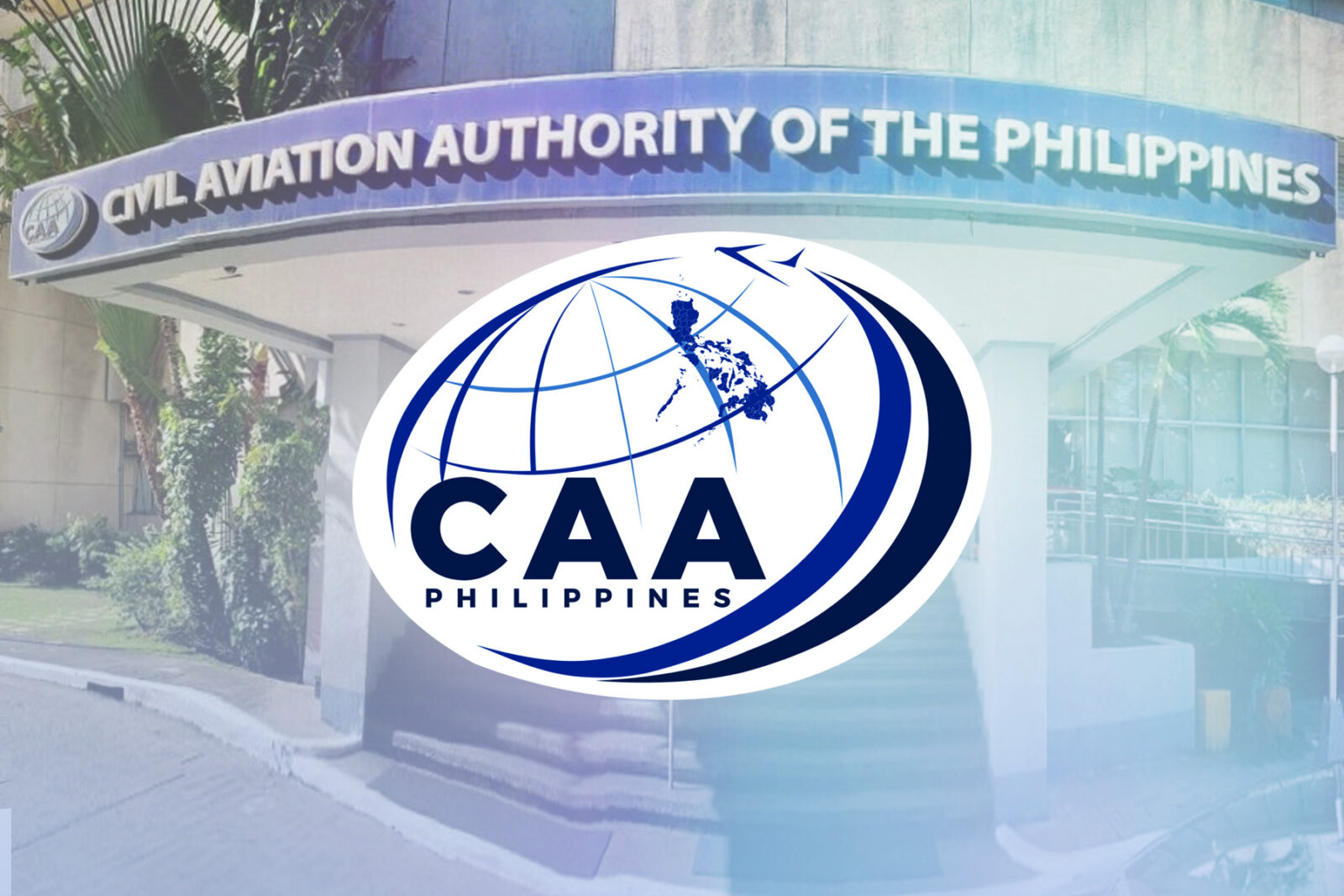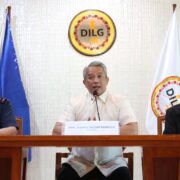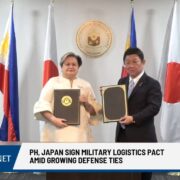Uy’s air navigation pitch rejected

The Civil Aviation Authority of the Philippines (CAAP) and Department of Transportation (DOTr) has rejected the P29.82-billion unsolicited proposal of tech tycoon Dennis Uy’s Comclark Network and Technology Corp. to operate and upgrade the country’s air navigation facilities.
Public-Private Partnership (PPP) Center of the Philippines deputy executive director Jeffrey Manalo, on the sidelines of an event in Quezon City on Wednesday, said that the government agencies had “decided to reject and return the unsolicited proposal.”
“DOTr will soon be sending to the proponent [Comclark] the rejection letter, which will contain the grounds for rejection,” Manalo said. CAAP, in a message to the Inquirer, said it was “unable to provide further details at this time.”
The DOTr has yet to respond.
Manalo, however, clarified that Comclark could still resubmit its proposal after addressing the concerns that had been raised by CAAP and DOTr that led to the rejection.
In October, the Pampanga-based company submitted its project proposal, which covers “upgrading equipment/facilities, implementing redundancy measures, and ensuring compliance with international standards,” according to the PPP Center website.
The tech tycoon put forward its bid amid the resurgence of travel demand, raising the need for an efficient air navigation system.
In September, CAAP completed the integration of its new communication, navigation and surveillance/air traffic management (CNS/ATM) system.
The system upgrade came after a power outage had hit the air navigation facilities of CAAP on Jan. 1 last year, affecting hundreds of flights and thousands of passengers.
The system that is being used to direct air traffic is composed of 13 radars strategically located across the country: at Ninoy Aquino International Airport terminals 1 and 2 and in Clark, Tagaytay, Aparri, Laoag, Cebu-Mt. Majic, Quezon-Palawan, Zamboanga, Mactan, Bacolod, Kalibo and Davao.
CAAP’s P10.8-billion CNS/ATM system, funded by the Japan International Cooperation Agency, was completed in October 2017. It was inaugurated in 2018 and began operating on July 26, 2019.
Last month, CAAP also inked a nonbinding air navigation and implementation cooperation work plan with the US Federal Aviation Administration.




















